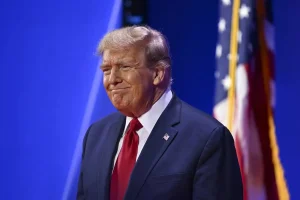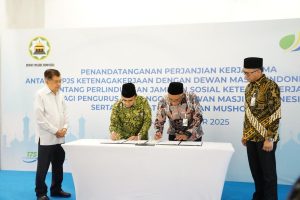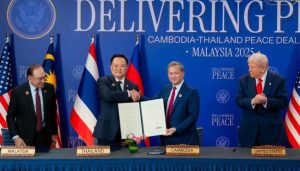 Cairo, 16 Dhul Hijja 1434/21 October 2013 (MINA) – Arab League and the Gulf Cooperation Council (GCC) in Cairo have support to Saudi Arabia’s decision to reject the United Nations Security Council membership.
Cairo, 16 Dhul Hijja 1434/21 October 2013 (MINA) – Arab League and the Gulf Cooperation Council (GCC) in Cairo have support to Saudi Arabia’s decision to reject the United Nations Security Council membership.
Riyadh on Friday said that it rejected its rotating Security Council seat hours after winning it, saying that the council was incapable of ending wars and resolving conflicts in the Middle East, IINA quoted by Mi’raj News Agency (MINA) as reporting, Monday.
Arab League Secretary General Nabeel Al Arabi said that he backed the Saudi position and expressed hope that it would “stimulate the efforts that have been exerted for years to reform and enhance the Security Council.”
“We do stress the significance of the Saudi statement on the inaptitude of the Security Council to solve several vital issues, such as the Palestinian issue, to put an end to the humanitarian tragedy in Syria and to rid the Middle East of the weapons of mass destruction,” Arabi said.
Also Read: EU Condemns Israeli Strike on UN Peacekeepers, Urges Withdrawal from Lebanon
“The Security Council needs a comprehensive reform that includes determining the scope of the use or the threat to use the veto by its five permanent members.”
The Saudi position was also backed by the Gulf Cooperation Council (GCC), an alliance that brings together Bahrain, Kuwait, Oman, Qatar, Saudi Arabia and the United Arab Emirates.
In a statement released on Saturday, the GCC “commended the call by Saudi Arabia for reforming the Security Council and empowering it to effectively and practically to carry out its duties and to assume its responsibilities towards maintaining international peace and security, in accordance with the Charter of the United Nations.”
GCC Secretary General Abdul Lateef Al Zayani stressed “the significance of the Saudi call to achieve fundamental reforms in the Security Council that will support its role as a United Nations body responsible for all the consequences of the main issues of global peace and security, particularly that our world today is in dire need of the role and international legitimacy of the Security Council amid political and security turmoil.”
Also Read: FIFA and UEFA Ignoring International Law by Allowing Israel to Compete
“The rejection is based on Saudi Arabia’s keenness on regional stability and its historic interest in Arab issues and concerns and as well as in international matters and global stability,” Zayani said.
“The position of the Kingdom of Saudi Arabia reflects its commitment to international legitimacy and a sincere desire to activate the role of the Security Council and the various organs and institutions of the United Nations in order to respond to global calls in this regard, and make the world more cooperative, stable and secure.”
Meanwhile, Kuwaiti diplomats have denied media reports that Kuwait would supplant Saudi Arabia at the Security Council.
In Doha, Khalid Al Attiya, the Qatari foreign minister, reportedly expressed his support in a tweet to his Saudi counterpart. (T/P09/E1).
Also Read: Gaza Tribunal Declares Israel Committing Genocide
Mi’raj News Agency (MINA).



























 Mina Indonesia
Mina Indonesia Mina Arabic
Mina Arabic